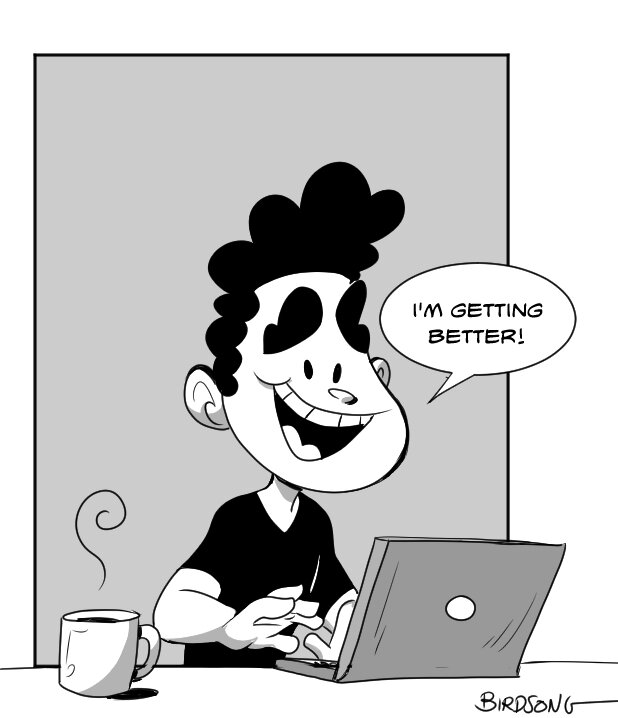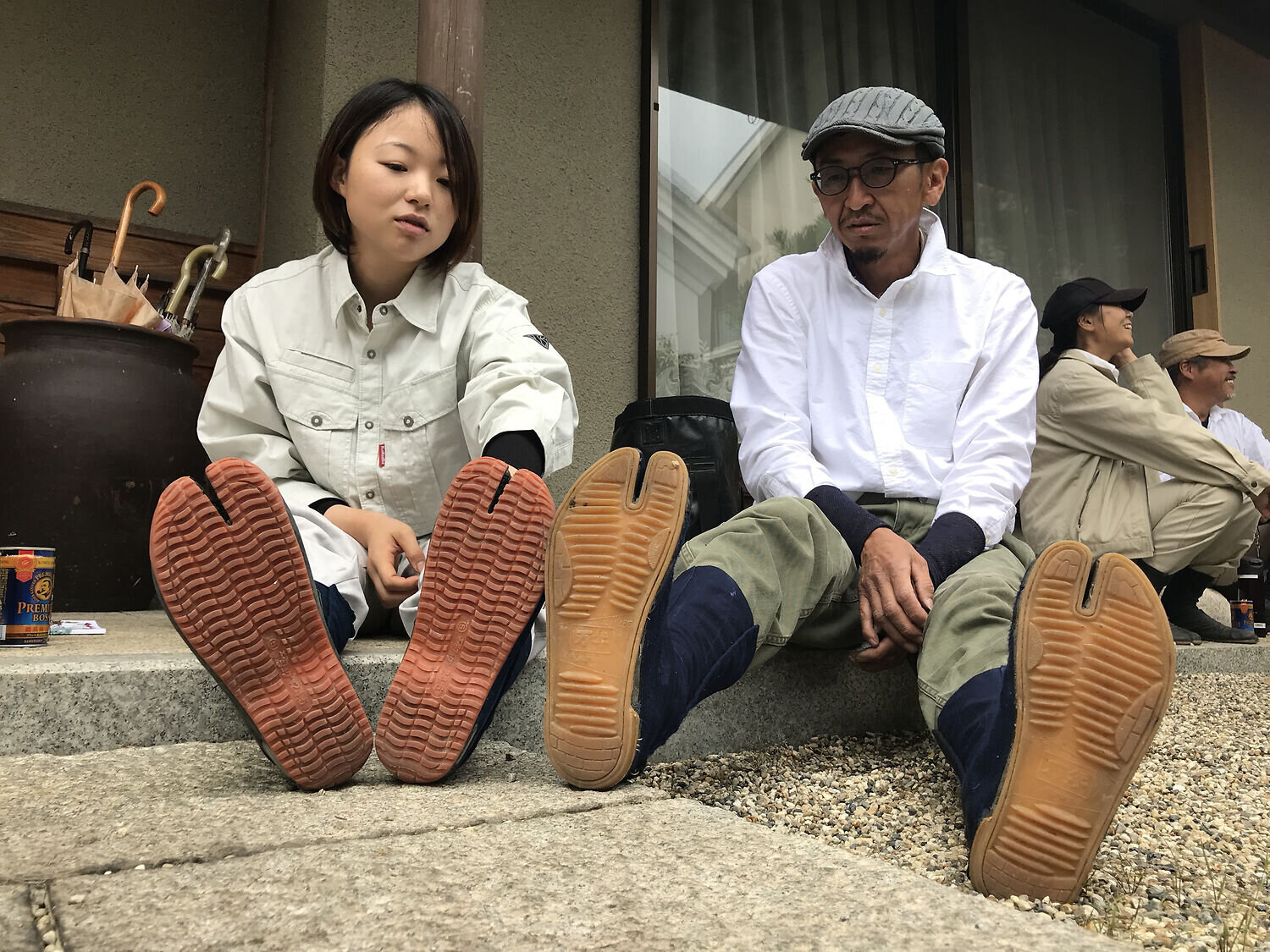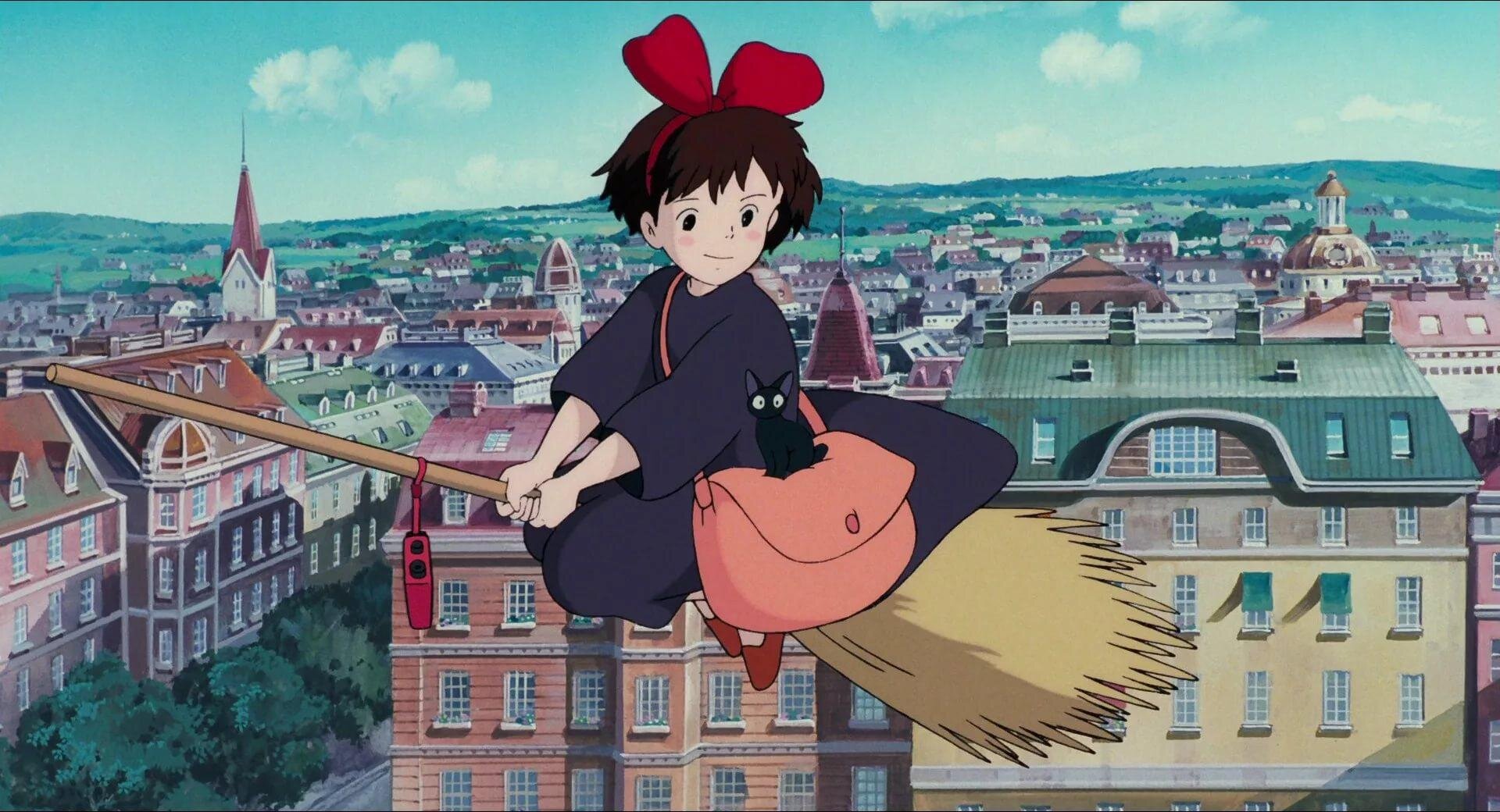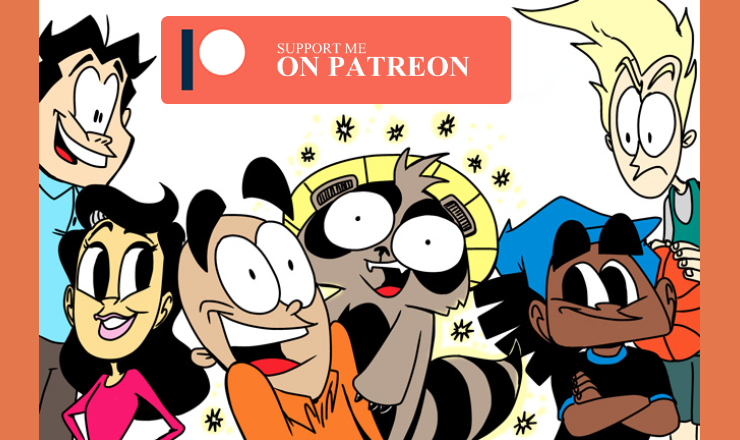I know people who believe you can never change
“If I move to another country, I’m staying myself. There’s no way I’m becoming a different person.”
A coworker said to me after telling him about my experiences living in Japan for two years, meeting my wife, and explaining how the experience changed me for the better. I shared that I had to become a different person while living there. The look of utter disbelief on his face threw me off.
He couldn’t see something like that happening to him. He explained further, “You never stop being who you are just because you’re in a different place. I’m always me at my core.”
I understood where he was coming from but disagreed and couldn’t think of what to say at the time in response. I knew for a fact this person never lived overseas. How could he know? I learned that he had visited other countries, sometimes for several weeks, but never spent a year or more in one. Let alone a country in Asia.
Living as an expat takes an open mind and a great deal of flexibility.
I believe, to respect the culture you’re living in, you have to change some of who you are if you hope to join in and succeed. Some of it means living the saying “When in Rome, do as the Romans do.”
The other side involves making peace with becoming a different person. You can’t stop it from happening. Accepting your change doesn’t make you weak.
If you’re a good person at heart, I think you can stay you deep down, but you will grow and evolve. I’ve seen how living abroad can change people for the worse and how they can even surprise themselves.
As soon as you leave a familiar environment and accept the fact that you’re not going back to it anytime soon, you change.
The jolt of culture shock hits right after arriving in Japan.
I moved to Osaka to teach English in Junior High Schools with the JET Programme. My interest in learning about the country, culture, and language brought me there. The application process for JET took almost a year, so I was thrilled when I was accepted and finally arrived.
JET chooses where to place you but gives you the option of living in the city, suburbs, or countryside. I’m not a big city person, so I chose the suburbs. Even though I knew very little Japanese, I figured there would be enough people who spoke English there to help me settle into life.
I was wrong.
Another JET teacher who lived in a town nearby was sent to my little area of Shimamoto, thirty minutes north of Osaka city by train, to help show me the basics. The apartment JET chose for me was old and unfurnished. I had to shop for futon mattresses, no western-style bed, that I would roll out every night to sleep right on the tatami mat floor. Totally different from how I slept in the U.S.
August, one of the hottest months in Japan, and my air conditioning unit was broken. I met the other JET teacher in town, and she told me I could buy a new one, but it might take a few days to get it delivered and installed. Of course, she, or someone who could speak Japanese, would need to come with me to buy one.
I remember crying alone that night thinking, “What have I done?” Traveled across the world from Atlanta, Georgia, to Osaka, Japan, without friends or family to live in an old hot, and humid apartment without air conditioning. The culture shock hit me hard.
Someone had to help me open a bank account, teach me how to get around on the subway. I worked in a school where I was the only non-Japanese person and couldn’t understand what anyone said.
Needless to say, I was uncomfortable. Living with discomfort was my everyday reality.
Did this change me? How could you say it wouldn’t?
I had experience with living abroad as a youth. My father worked as a diplomat, and I was fortunate to live in countries like Germany and the Bahamas during my middle school years. Moving to Germany was difficult because I didn’t speak the language. It was scary going out with family and not knowing what people were saying.
The way of life was similar enough to America I found. People were a little more reserved and private than in Georgia and took a long time to get to know you. Over time, I learned to understand the people and culture. I got the idea that the language barrier and having patience with settling in was the most challenging part about living in another country.
Traveling to live in Japan as an adult changed me even further. I was still me, but I discovered there can be much more to adjusting to a place when it’s very different than anywhere you’ve lived before.
I truly became a new version of myself.
If I had time to explain all of this to my coworker and condense it down clearly and concisely, I wonder if he would see my side?
Yes. You could be stubborn. Try and decide to behave like nothing in this new country can change you. I have a few ways this might prove difficult, however. Especially if you live in an Asian country where so much is so different.
The rules of polite society force you to change.
When you meet new people in Japan, you bow instead of shake hands. If you decide that just isn’t you and try to force a handshake, it will come off as odd or worse, rude. Not only do you bow, but you must learn not to bow too low depending on who you’re with. If you’re with a manager or an elder and you only give a little head nod, you’ll look like you’re being disrespectful.
Learning these specific cultural rules was exciting to me, but I didn’t catch on all that fast. I can’t even count the number of times I bent my head down low to bow for the principal at my school, and someone pulled me aside later to let me know, “Your bow. It was too low.”
Eventually, I learned but let me tell you, I still make mistakes today. Not growing up with this custom means it isn’t second nature and can be frustrating at times. Learning how to bow is a part of living in Japan; you must learn.
You are seen as a foreigner and not a citizen.
As an expat in Japan, you’re seen as a minority, even though you might have been part of the majority in your home country. Several white friends of mine had a real hard time with this realization. They stood out everywhere and weren’t used to it.
They were seen as exotic and strange yet cool and interesting but not looked at as equals. Not as Japanese. If you don’t look Asian, you will be seen as a foreigner immediately—you can’t blend in. Even if you’ve lived in Japan for thirty years.
You start to see yourself differently. Wondering what you can do to fit in. Learning to speak Japanese to communicate better or working for a Japanese company might help. Perhaps, but on the outside, you’ll still look foreign—different.
What might this do to you over a long period of time? Thinking it won’t mold you into a different person isn’t realistic.
Getting away with more than in your home country.
Looking different and being a foreigner in Japan has its advantages as well. You can get away with not following some of the rules of society in ways Japanese people can’t. No one will expect you to be an expert with all the rules of Japanese society.
Some Japanese friends you make may feel envious of how much more relaxed your life can be in Japan compared to theirs.
When my wife and I were visiting Tokyo several years ago, we had our suitcase with us after checking out of our hotel but wanted to do more sightseeing. A major hotel chain in the area we wanted to explore had a line of people, staying at the hotel, no doubt, giving their bags over to be held until they checked in. I had the idea to act like we were staying there and ask them to hold our suitcase until we come back in a few hours.
My Japanese wife, thought it wouldn’t work, especially if she’s with me. As a tall Black man from America, I could probably get away with it by myself, though. I had to try.
Sure enough, I got in line, fully expecting someone to ask me which room I’m staying in or to show proof I checked in at the hotel, but no. They just smiled, took my bag, and gave me a return ticket—as my wife watched in amazement at a distance.
This is called a “Gaijin Smash” by some expats. When you take advantage of a situation, most Japanese citizens can’t because you know you won’t get in trouble. The word “gaijin” is slang for foreigners. This fact makes overseas travelers say and do things they never would at home, somewhat like foreigner privilege.
There’s no way I would have tried something like this in America. I felt a bit guilty for flexing my foreign powers, but we were able to enjoy the rest of the day without lugging our suitcase around. When I came to pick my bag up, they happily returned it free of charge with no questions asked.
The fact that this is possible changes you. You rationalize and try to make it okay by thinking of all your frustrations with living in the country. Reviewing in your head the times you didn’t fit in, made mistakes, and embarrassed yourself. The studying like crazy to learn the language and never speaking quite fluently enough. “I deserve some breaks every now and then.” you think.
Living in Japan is hard. Making a life for yourself is challenging anywhere, let alone in a foreign country.
The expat exceptionalism can consume you. Unless you paid attention to how you’ve changed and decided what stays and what goes, it could turn you into a monster. Recognizing the privilege that comes with being different in Japan means thinking deeply about your actions and who you are.
I don’t think I did as much of that before Japan.
Allowing people who are different from us to open our minds.
Learning to live in another culture can help you appreciate differences and see people for who they are as humans. Because of this, you’re forced to look in the mirror at yourself and your beliefs. In fact, that can be the most challenging part of travel.
My coworker may feel like living abroad could never change him, but it’s inevitable. You will change.
If you live in Europe, maybe not as much. Surely, you will need to adjust to different cultural expectations there, too, and different attitudes towards world politics, religion, and relationships. You will still grow and change.
If we can see that as a good side effect to travel and accept rather than reject how we’ve adapted to new environments, our tolerance for differences will grow. I hope more people will spend time in other countries and take on the personal growth involved in living abroad.
You can read Khalid Birdsong’s comic strip inspired by his experiences living in Japan at www.friedchickenandsushi.com





























